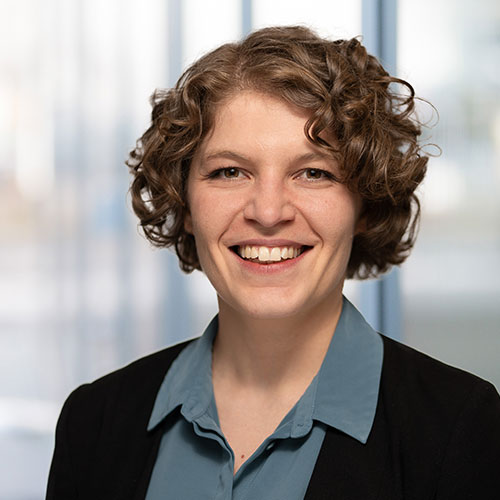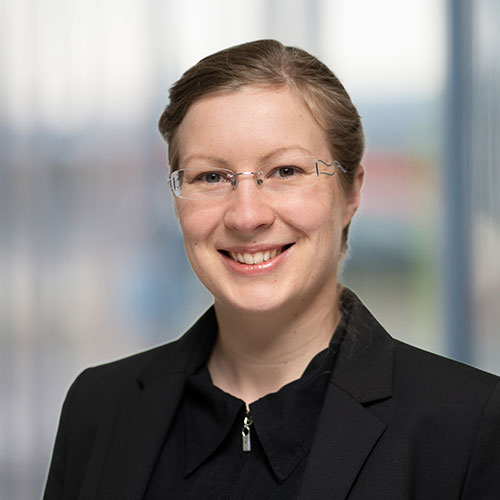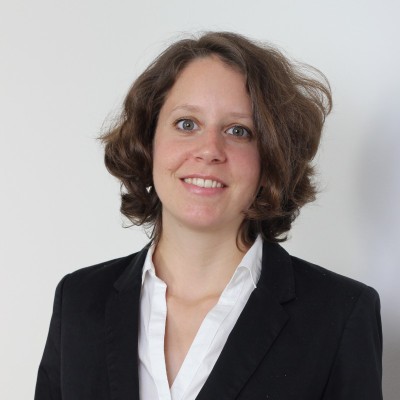
Robert Bauer works as a Senior AI Engineer at HMS Analytical Software GmbH in the Data Science and Business Intelligence Department. As the Lead Expert for AI-assisted code migration, he has contributed to numerous projects focused on modernizing program code, such as migrations to R, Python, and PySpark. Additionally, Dr. Bauer drives the development of various in-house tools for code migration used at HMS. These include the solutions for automatic migration from SAS to R discussed in the poster session.

Christoph Bergen studied mathematics and currently serves as a Senior Data Scientist and Team Lead GenAI at HMS Analytical Software. He collaborates with a diverse range of clients, leveraging machine learning and data science techniques to extract valuable insights from their data. His work includes all aspects of modern data science - from traditional model training to constructing scalable machine learning pipelines.Recently, he has been consulting clients in harnessing the potential of Generative AI models to enhance their data-driven processes.
To the LinkedIn profile of Christoph Bergen

Milena Kraus is a Software Engineer at HMS Analytical Software GmbH, specializing in the intersection of biomedical research and software development. With a strong foundation in R from her academic work in biomedical data science, she has since expanded her expertise to building scalable, cloud-based solutions in AWS for digital health applications. Her experience spans both regulated pharma environments and agile tech settings, making her well-versed in the challenges of modernizing analytical workflows. Milena brings a unique blend of domain knowledge and engineering skill to projects involving GenAI and open-source migration.
To the LinkedIn profile of Dr. Milena Kraus.

Sophia Stahl-Toyota is a Software Engineer at HMS Analytical Software GmbH and co-chair of the life science competence center. She actively continues development of the R package “TLGcat” (Tables, Listings, Graphics catalog) that was presented at PhUSE EU Connect 2024.
To the LinkedIn profile of Sophia Stahl-Toyota

Corinna Stöckinger works as Data Science Programmer at Boehringer Ingelheim. With a background in Statistics and Psychology, she is responsible for assembling datasets for a variety of analysis needs within the Experimental Medicine department, mainly focusing on the field of Pharmacokinetics. As leader of the department's SAS2R task force she drives the migration to R bringing in deep knowledge of clinical study design and data structures as well as CDISC data standards.
To the LinkedIn profile of Corinna Stöckinger

Fabian Wahren is a Data Scientist at HMS Analytical Software GmbH. With a background in Mechanical Engineering and a master’s degree in Autonomous Systems and Robotics, he brings solid expertise in machine learning and artificial intelligence. His international academic and project experience has given him a strong understanding of data-driven processes and interdisciplinary collaboration.
To the LinkedIn profile of Fabian Wahren.

Luis studied Business Informatics and currently works as a Senior Data Scientist at HMS Analytical Software. His focus lies in developing scalable, cloud-native applications with a strong emphasis on Generative AI technologies. He has gained experience across various industries, recently contributing to AI-driven solutions in the pharmaceutical and healthcare domain. His work spans the full AI lifecycle, from data processing and model orchestration to deploying production ready GenAI systems.
To the LinkedIn profile of Luis Wirth.
